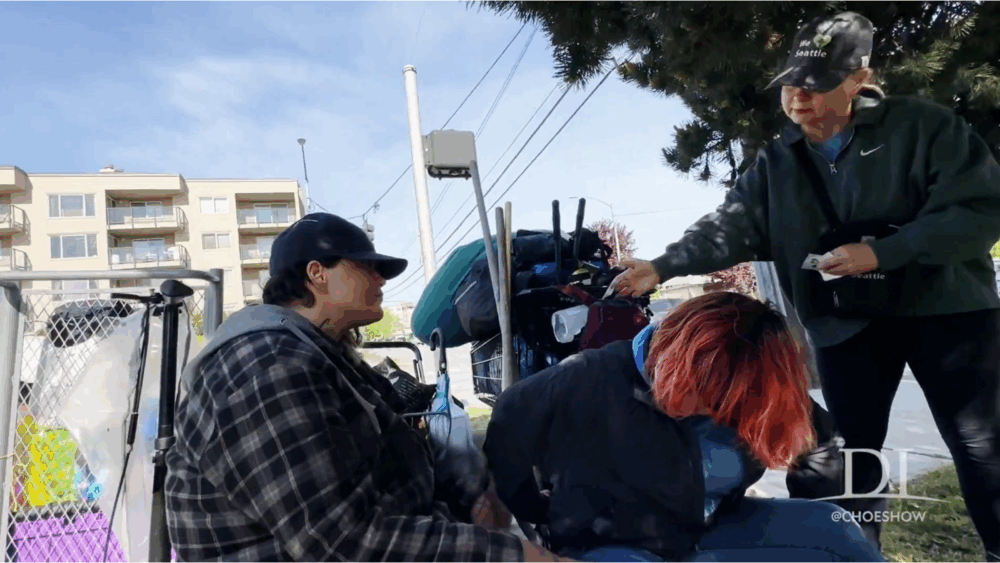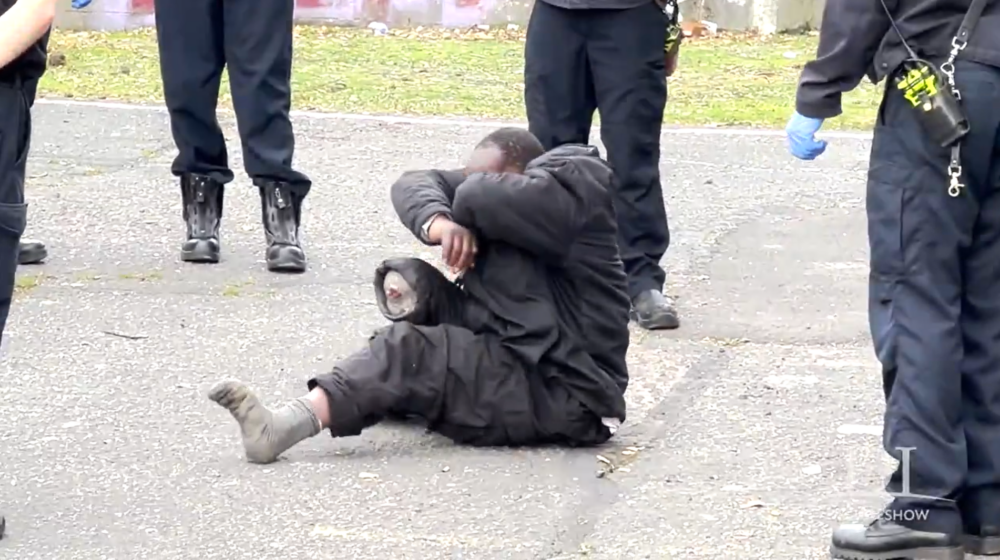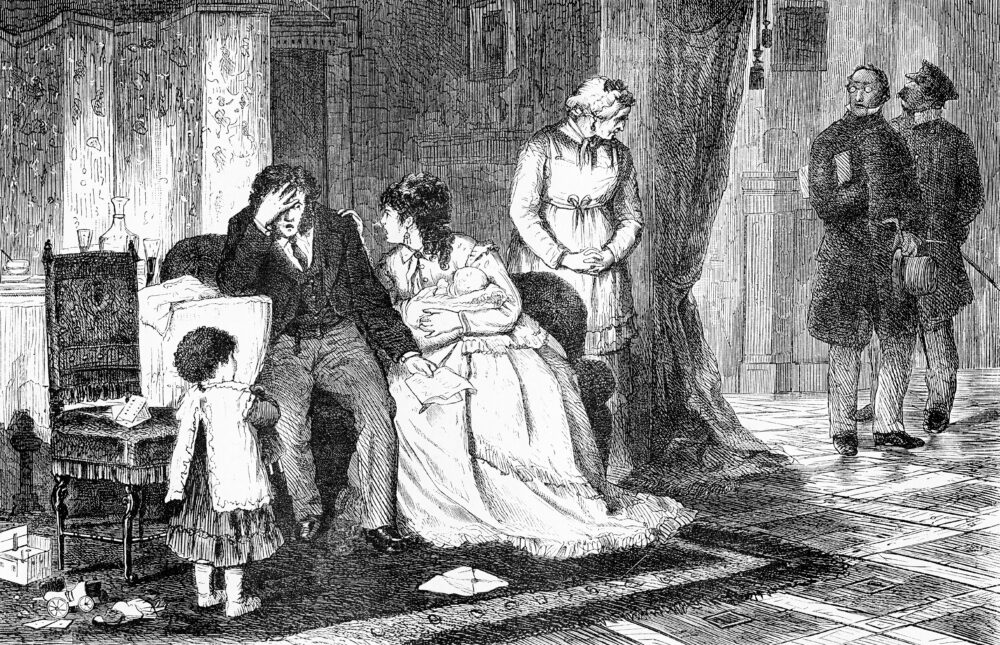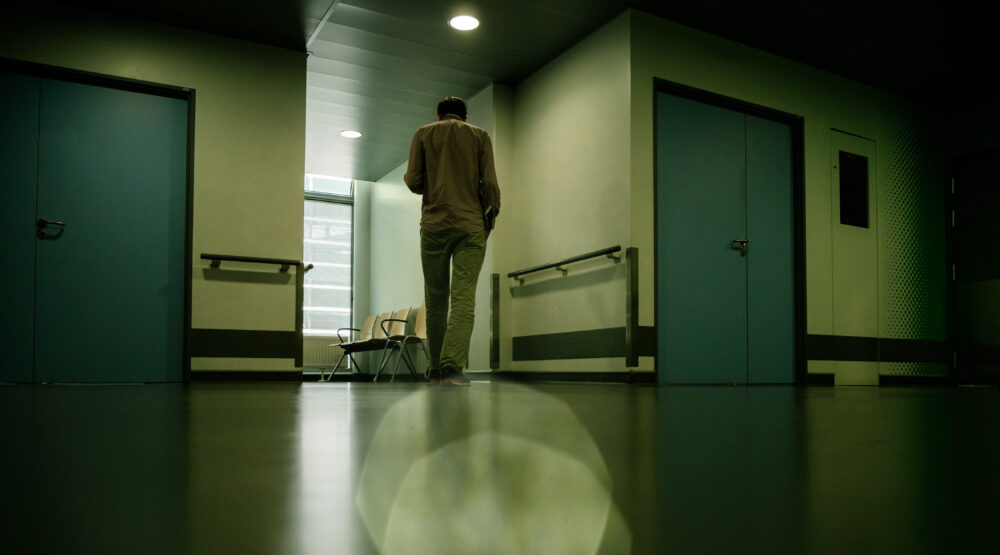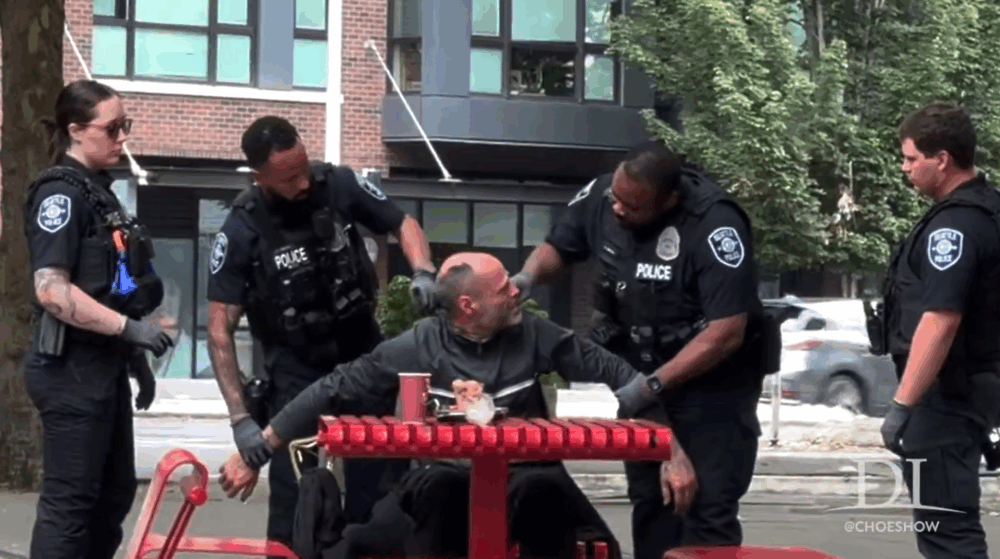
Notorious Homeless Vandal Accused of Recent Window Smashing Spree Arrested
Breaking Seattle Police just busted one of the most notorious homeless vandals in the Belltown neighborhood. He’s accused of going on a window smashing spree this week on Cedar Ave. He’s also believed to be a suspect in other vandalism incidents in the area. Neighbors say he’s clearly dealing with drug addiction and mental illness. We Heart Seattle’s Andrea Suarez says she’s seen this guy before and has tried to help. The same group of repeat offenders keep running around the city causing problems.
